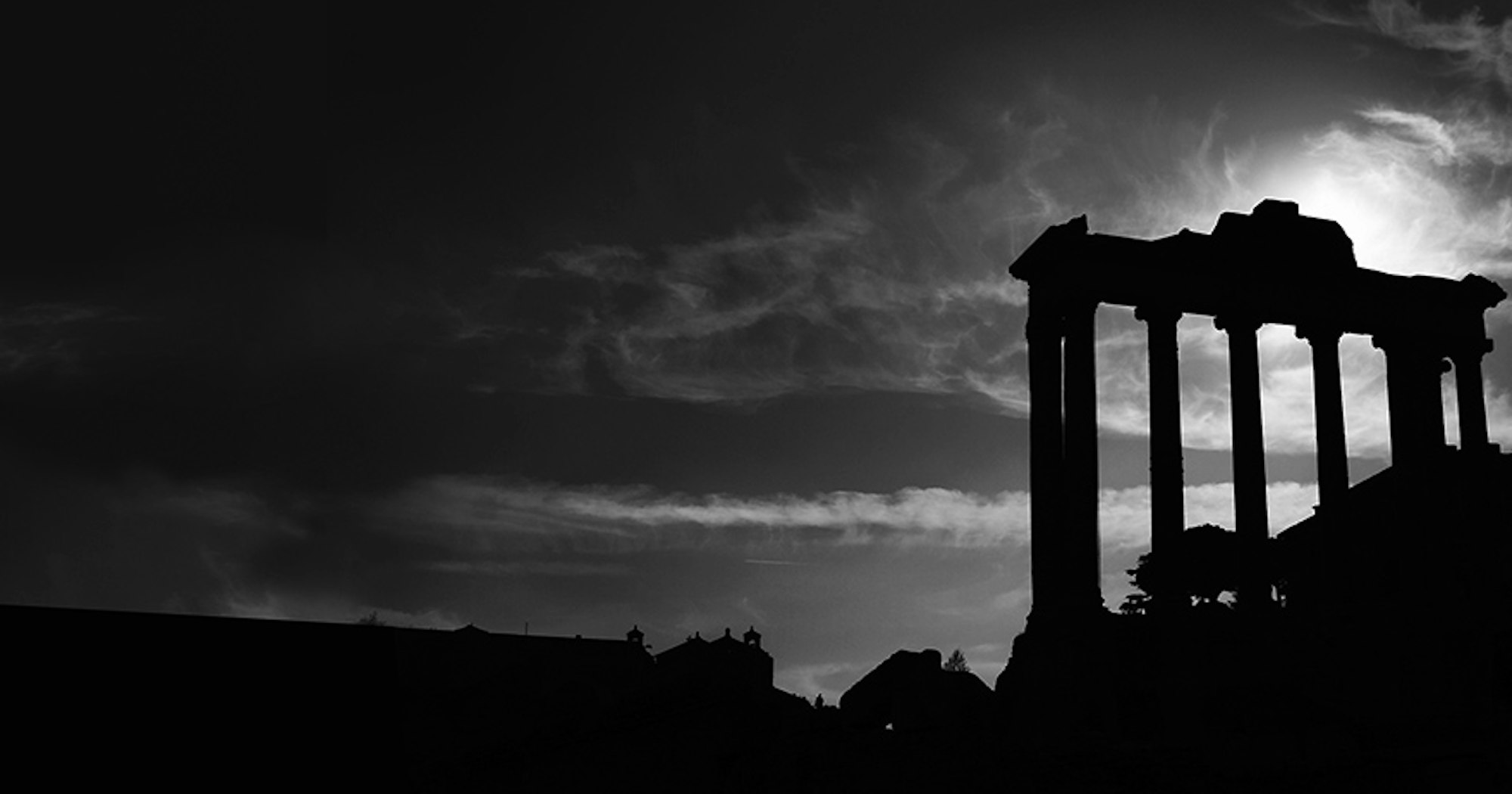I think a better way to approach the question is to ask how Jesus and the apostles approached it. In practice, the Old Testament contains a hotchpotch of different ideas which are uninformed by their fulfilment in Christ. It is not surprising, therefore, that interpretators of the Old Testament go off on a frolic of their own, leading to many and varied responses and interpretations. For example, the idea that the moral elements of the law remain, but not the ceremonial laws, has more to do with medieval scholars looking for clues as to how to structure a society known as “Christendom” in their own time than any insightful analysis of the New Testament in its own context. Equally as anachronistic is the so-called “New Perspective”, which wants to interpret ancient documents in such a way that they do not encourage anti-Semitism.
The second important factor is to realize that there are different genres of literature in the New Testament. The Gospels are literary works of art which each have ways of expressing Christian belief. To understand them, one needs to perceive a “macro” view of their theology and perceive how individual pericopes fit within the larger view. You will get a different theology in Matthew than you do in Luke-Acts. Then, of course, come the letters of St Paul, an apostle who doesn’t mince words.
Does the Old Covenant still stand? The simple answer is “no”. That answer is because of one eschatological event known as the resurrection. Take a look at Matthew’s Gospel, which we are told was written for the sake of Jews who had become Christians. In chapter 5:17 Jesus says:
"Do not think that I have come to abolish the Law or the Prophets; I have not come to abolish them but to fulfill them.” (Matthew 5:17 NIV)
Some have taken the view that the word “fulfil” here means to keep the precepts of the Law of Moses. There are two things which go against such an understanding in Matthew’s use of the word “fulfil”. Matthew does not use the Greek word anywhere else in his Gospel as meaning “keep the Law”, it is rather used to describe the fulfilment of prophecy. In chapter 11:13 Matthew writes,
“For all the Prophets and the Law prophesied until John.” (Mat 11:13 NIV)
We can see here that the Law has a role in prophesying. The notion is akin to that found in Paul (Colossians 2:17) and in the anonymous letter to the Hebrews (10:1) where the Law is described as a shadow and no true image. Lest there be too much doubt, Luke renders this in a parallel passage:
"The Law and the Prophets were proclaimed until John. Since that time, the good news of the kingdom of God is being preached, and everyone is forcing their way into it.” (Luke 16:16 NIV) It is not that any precept of the Law will be removed. It will remain there as an antique. It is just that since the resurrection, there is a new way for all people, whether Jews or Gentiles, to relate to God.
The second thing about this statement in Matthew 5:17 is to note the two conditional statements about the Law.
“For truly I tell you, until heaven and earth disappear, not the smallest letter, not the least stroke of a pen, will by any means disappear from the Law until everything is accomplished. (Matthew 5:18 NIV)
So, what does Matthew mean by these two conditional statements? Let’s go to the death/resurrection of Christ in Matthew’s Gospel. The story is profoundly different from the other Gospels.
“And when Jesus had cried out again in a loud voice, he gave up his spirit. At that moment the curtain of the temple was torn in two from top to bottom. The earth shook, the rocks split and the tombs broke open. The bodies of many holy people who had died were raised to life. They came out of the tombs after Jesus’ resurrection and went into the holy city and appeared to many people.” (Matthew 27:50-53 NIV)
Whoa there Matthew! Aren’t you getting a bit ahead of yourself? St Paul also links the resurrection of Christ to the general resurrection of the dead, but Matthew is fudging it to make a point The Law was a tricky subject amongst Jews and required some subtlety. Eventually the penny drops.
OK, let’s look at Paul as someone who doesn’t mince words. First some background. The united kingdom of Israel only lasted for two kings (David and Solomon). After Solomon’s death, civil war broke out, and the nation split into the northern kingdom of Israel and the southern kingdom of Judah. A Jew or Judahite could be either of the tribe of Judah, or the southern kingdom of Judah (which also included the tribe of Benjamin). In Philippians 3, Paul delivers his credentials. He is an Israelite of the tribe of Benjamin. He was circumcised on his eighth day and was zealous in his approach to the Law. Blah, blah, blah. But all this he regards as loss for the sake of knowing Christ. He goes further in deprecating the Mosaic Covenant in verse 8, which is usually translated as “garbage” for the public reading of Scripture. However, the BDAG Lexicon says the true import of the word is that he regards it as a “load of crap”. He refers to the Jews who call themselves “the circumcision” as “the mutilation”.
I think the “eternity” of the Old Testament refers to the end of the age. An age which has been proleptically fulfilled with the resurrection of Christ. Perhaps part of the problem is in not taking the resurrection of Christ seriously and imagining the profound transformation it had upon those who experienced it.
